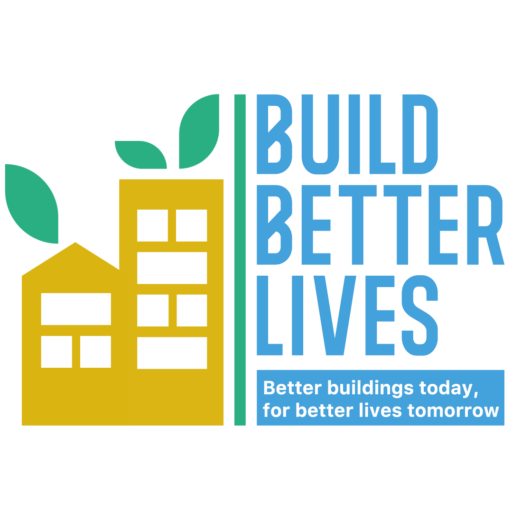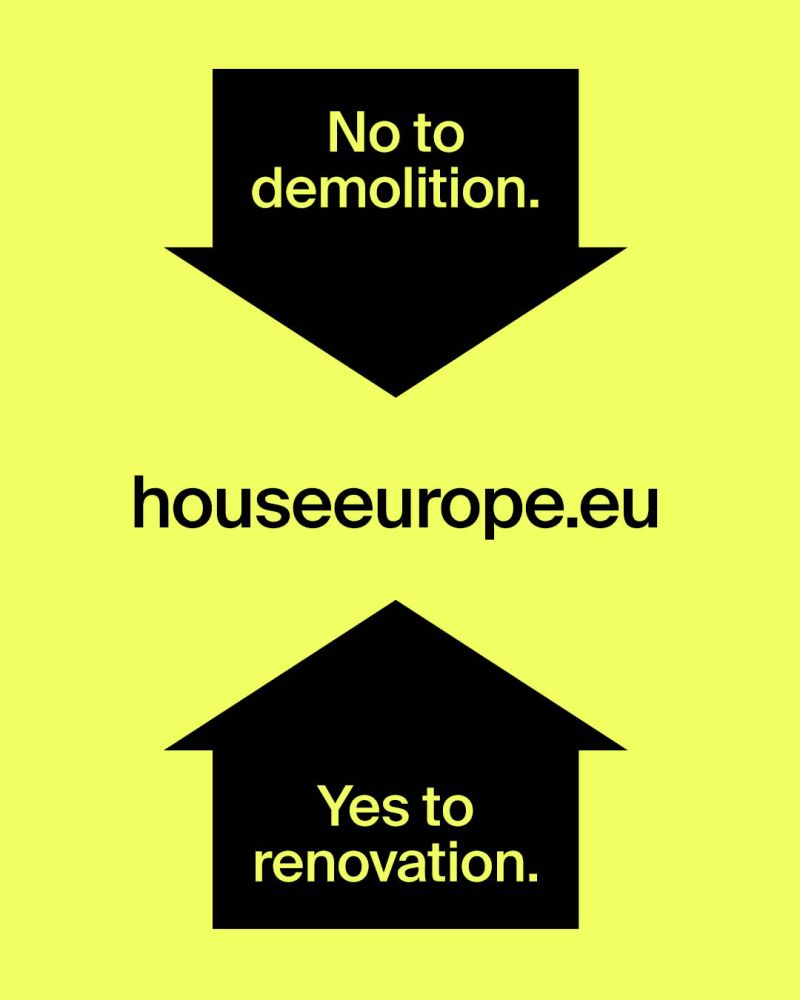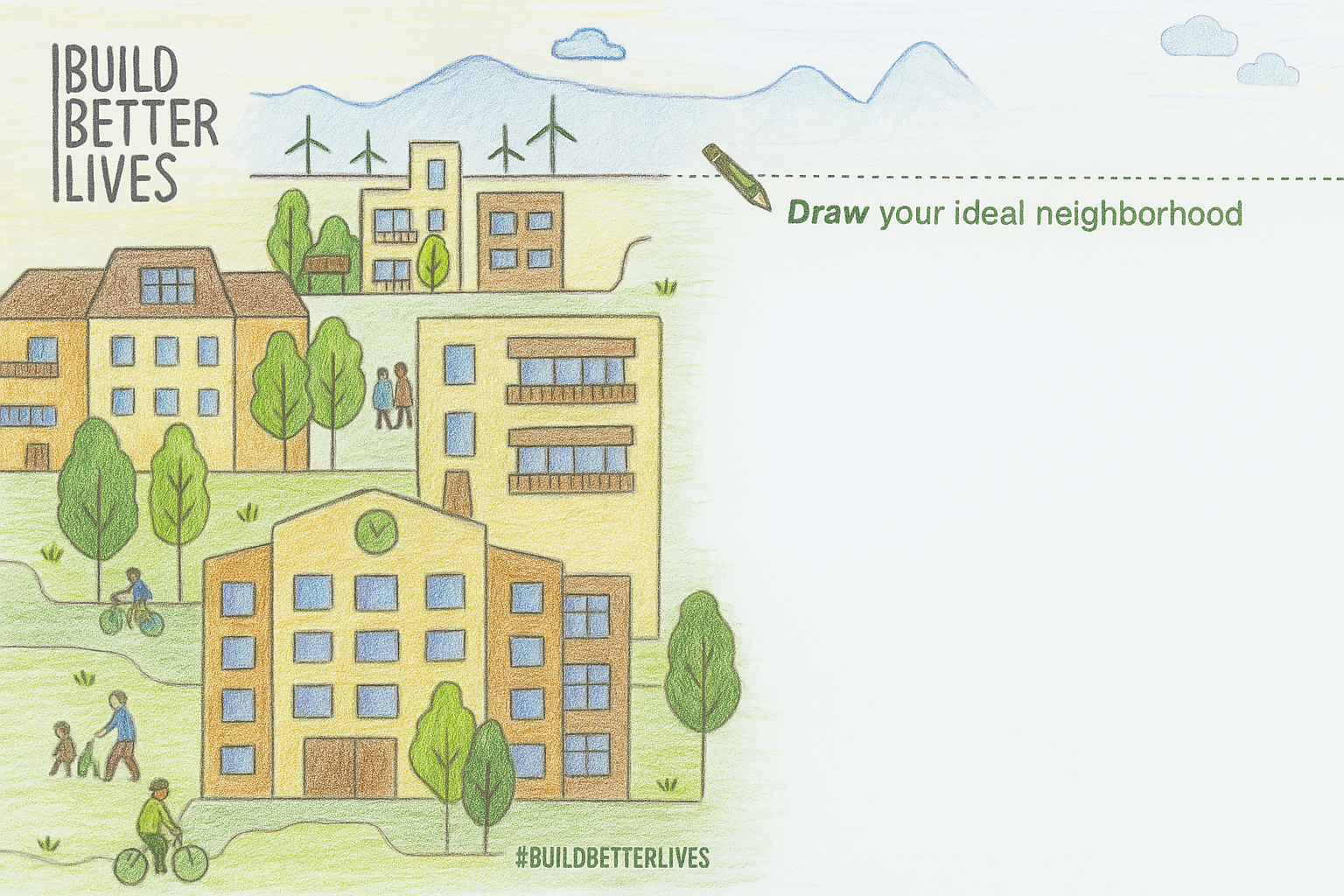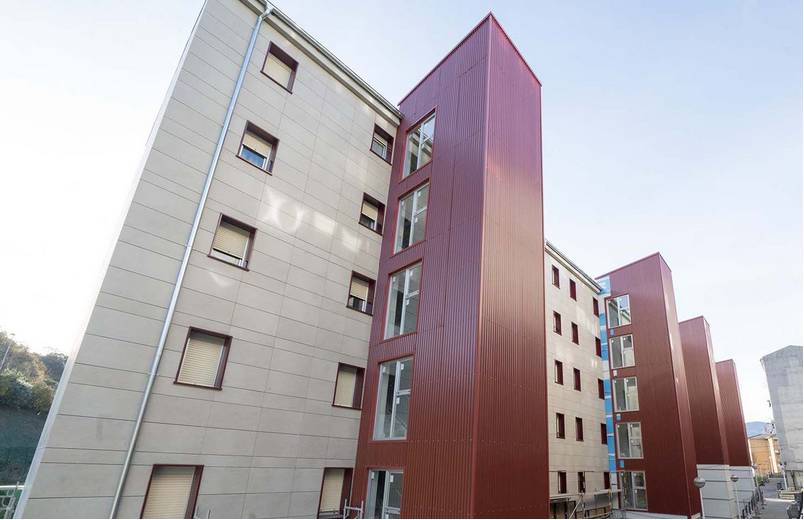
Amurrio, Abanto-Zierbena, Durango, Arrasate / Mondragón, Eibar, Elgoibar, Errenteria, Irun, Lasarte-Oria, Leaburu, Pasaia, San Sebastián, Soraluze, Orduña, Santurtzi, Sestao, Trapagaran, SPAIN –
Project led by the Basque Government
Building Better Lives: transforming communities through the Opengela model
The Opengela project in the Basque Country, Spain, is a groundbreaking example of how urban renovations can address energy efficiency, social equity, and economic challenges simultaneously. Neighbourhood offices or Opengelas are spreading throughout most Basque municipalities, especially in neighbourhoods with an ageing housing stock. It began with two pilot neighbourhoods, Txonta (Eibar) and Otxarkoaga (Bilbao), to later extend the network to more than 20 neighbourhoods in the whole Region. By mobilizing One-Stop Shops (OSS) as centralised hubs for renovation services, Opengela empowered vulnerable communities to access comprehensive support, tailored financing, and local guidance throughout the renovation process. This transformative approach not only improved the quality of housing but also uplifted the lives of residents in marginalised neighborhoods.
Mobilizing one-stop shops to facilitate renovations
One of the cornerstones of the Opengela project was the establishment of neighbourhood one-stop shops (OSS) in two pilot districts, Otxarkoaga in Bilbao and Txonta in Eibar. These OSS served as accessible hubs for residents and homeowner associations, simplifying the complex process of accessing building renovations. By centralising administrative, financial, and technical services, the OSS alleviated much of the logistical and bureaucratic burden associated with renovation projects. The support included assistance with paperwork, coordination with contractors, and access to subsidies and financial aid.
This innovative approach ensured that even low-income and vulnerable households could participate in energy-efficient renovations. Residents were guided every step of the way, from planning to implementation, ensuring inclusivity and enabling a seamless renovation process. Over time, the success of these pilot OSS offices led to their expansion to 10 additional neighborhoods, with plans for further expansion, making Opengela a scalable and sustainable model for urban renewal.
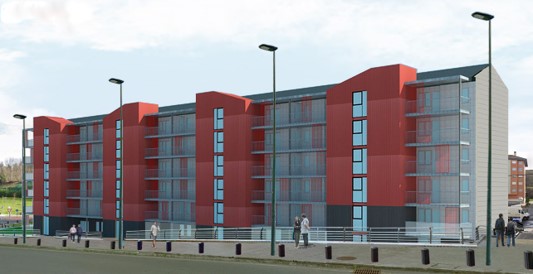
Adapting innovative financing methods for broader access
Another key innovation of Opengela was its financing model, which was designed to make renovations accessible to a wider audience, particularly low-income households. Recognising that many residents could not access traditional loans, the MAS OPENGELA mechanism was proposed to provide financing through a de-risking scheme backed by public funding . For households unable to qualify for conventional financial products, this financing system allowed full coverage of renovation costs without increasing their financial vulnerability. By extending eligibility to residents up to 70 years old and offering anti-crisis contracts for rental housing, Opengela created pathways for previously excluded populations to benefit from sustainable housing improvements.
Crucially, Opengela and its technical staff provided professional financial advice to the co-ownerships, presenting the MAS option alongside other conventional financing alternatives. This advisory role continues today, as Opengela staff regularly meet with communities of owners and banking institutions to provide guidance and help channel economic support. This ongoing support reflects a broader aim to centralise procedures and bring all stakeholders—residents, financial institutions, and the city council—closer together throughout the renovation process.
Local implementation to support the renovation process
Opengela’s emphasis on local implementation ensured a tailored and hands-on approach to renovations. The neighborhood OSS offices were staffed with skilled professionals familiar with the unique needs of each district. In Otxarkoaga, a hillside district with poor accessibility and aging energy infrastructure, the project addressed issues such as thermal insulation and accessibility for elderly residents. In Txonta, a valley neighbourhood with deteriorating post-industrial housing, renovations focused on improving energy efficiency and repurposing underutilised ground-floor spaces.
By collaborating with local authorities, public entities, and private companies, Opengela built a reliable support network for residents. This localised, partnership-driven approach was essential to overcoming barriers like low awareness of energy efficiency benefits and the complex coordination required for large-scale retrofitting. Through strong public-private collaboration, Opengela showed that successful urban renovation needs not just technical expertise but also community-centric solutions.
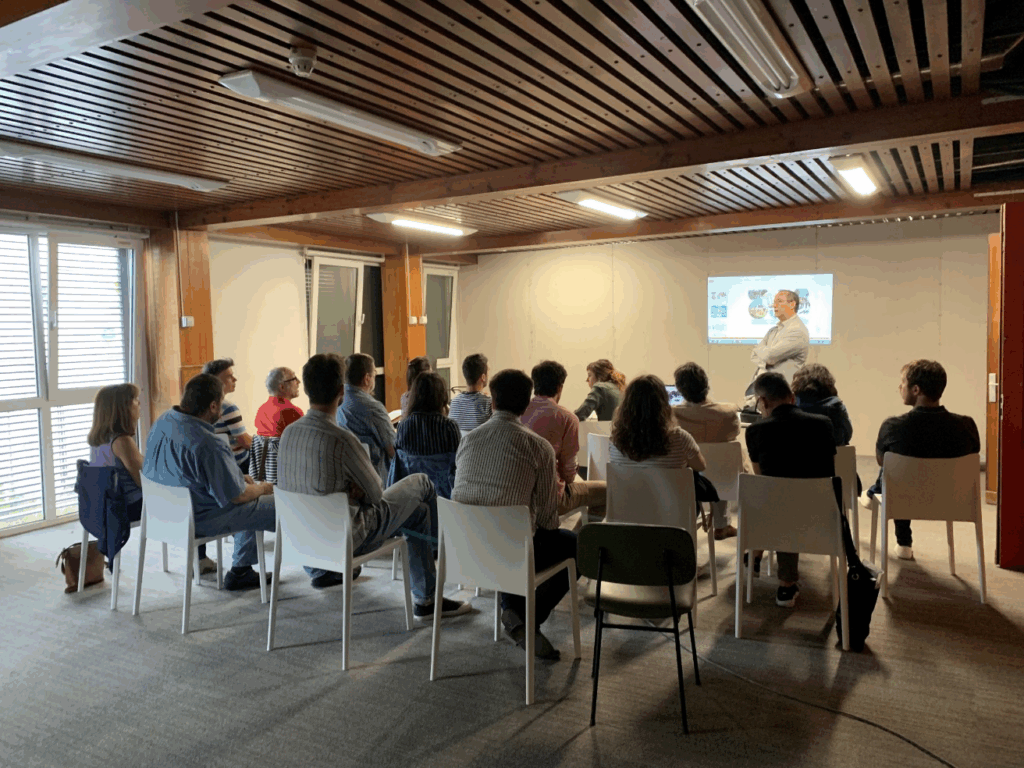
Local technical & social assistance and adapted solutions to build better lives
Local technical and social assistance, combined with adapted solutions, helped build better lives for all. Opengela exemplifies how innovative, people-centered approaches to urban renovation can empower vulnerable populations, providing energy-efficient, affordable, and comfortable housing. Its focus on being locally present, with neighborhood OSS offices staffed by skilled professionals, ensured residents had accessible, hands-on support throughout the renovation process. Opengela’s success in addressing economic, environmental, and social challenges highlights the transformative potential of collective action and serves as an inspiring blueprint for sustainable and inclusive urban development worldwide.
